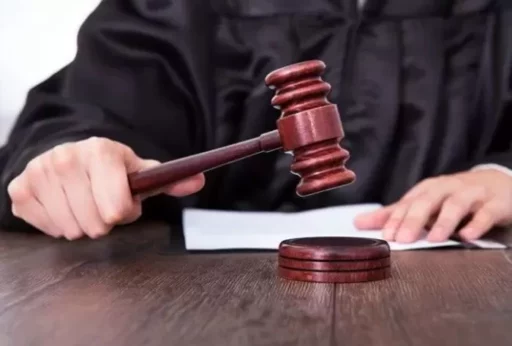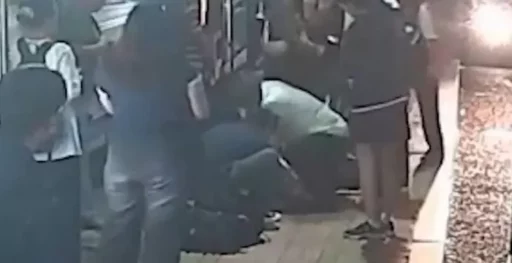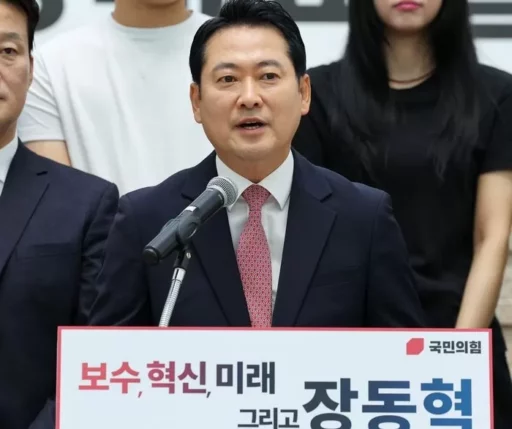A 40-year-old son who hid his father's death and stored the body in a freezer has been sentenced to prison in the first trial.
The Suwon District Court's Yeoju Branch sentenced A (48) to 3 years in prison for charges of fraud and concealing a corpse.

A visited the home of his father B, who lived alone in his 70s in Icheon, Gyeonggi Province, in April 2023, and discovered that his father had already passed away. However, he is accused of not reporting the death and wrapping the body in plastic to store it in a kimchi refrigerator for 1 year and 7 months.
B, who had been socially isolated, was reported missing by relatives only after 1 year had passed since his death. As the police investigation into the missing person case intensified, A consulted with his wife, who knew about the crime, and eventually reported himself to the police about a month later in November of last year, accompanied by a lawyer.
The motive for the crime was revealed to be related to property issues.
According to police investigations, A committed these acts out of concern that he would suffer property disadvantages in ongoing litigation due to his father's death.
Before his death, B had been engaged in divorce and property division lawsuits with his wife, C, who is A's stepmother, since July 2022.
According to civil law, if a party dies during the litigation, there is no provision for another person to take their place, resulting in the termination of the lawsuit.

In this case, the surviving spouse gains inheritance rights. If B's death became known, the divorce and property division lawsuits would end, and C would obtain rights to inherit a predetermined share of B's other assets, not just those subject to property division. It has also been reported that among the real estate owned by B, the house where A currently resides is included.
In the police investigation, A stated, "If the fact that my father has passed away becomes known, the lawsuit will end, and I would suffer disadvantages," thereby acknowledging the charges.
The court determined, "The responsibility for the crime is not light."
The lawsuit between B and C continued through legal representatives, and a final ruling by the Supreme Court was delivered in April of last year, one year after B's death.
During this period, A communicated via text messages with C using B's mobile phone, thereby concealing the fact of B's death.

At the previous sentencing hearing, the prosecution requested a 10-year prison sentence for A. The court stated, "Based on court testimonies and submitted evidence, all charges have been recognized as guilty."
The court added, "While we cannot hold A responsible for the death of his father, the act of concealing a corpse to obscure the truth in order to gain a favorable position regarding the property relationship cannot be taken lightly, and the duration of the concealment of the corpse is also significant."
However, the court explained that it considered A's acknowledgment of the charges, his settlement with the fraud victim, and the absence of prior criminal records while deciding the sentence.
Image source: Reference photo to aid in understanding the article / gettyimagesbank


